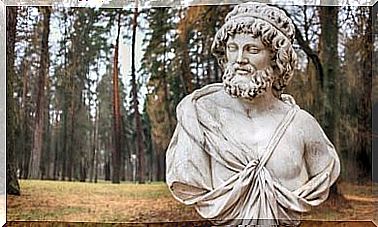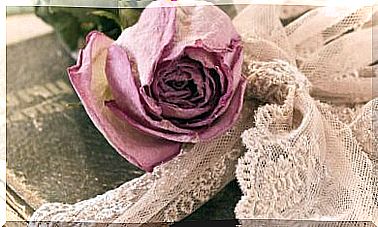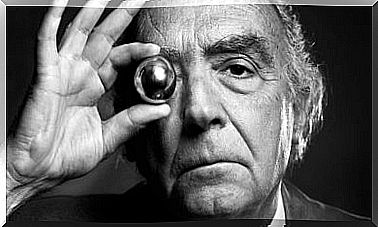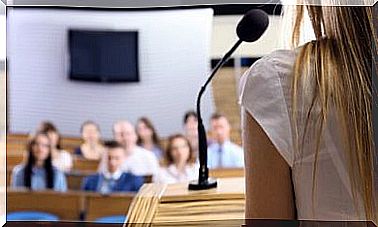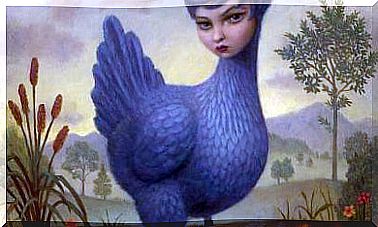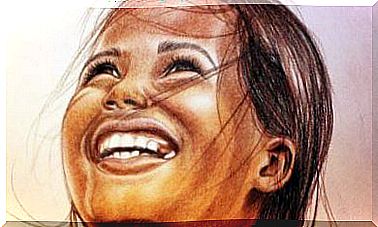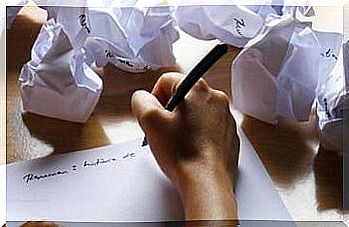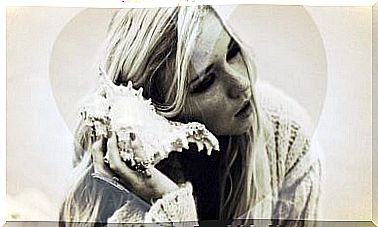Anthony De Mello, Biography Of A Reference In Spiritual Psychology
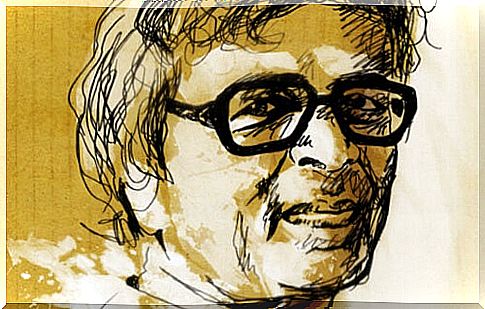
Anthony de Mello was an Indian Jesuit priest, spiritual guide, and psychotherapist who achieved notable fame for his books, lectures, and unique personality. He was an uncomfortable figure for many and inspiring for others. He reached out to all religions to extol the most beautiful and interesting of each one, giving us, in turn, valuable advice on personal growth.
His approach was always vital, unique and gimmicky. In books like Rediscovering his life , which would be his last work, he tells us that all people come into the world being happy. However, little by little we drift into those personal prisons of suffering where we stop being aware of our potential. Our own thoughts, he points out, are always our worst enemies.
On the other hand, something that De Mello invoked was the need to accept our spiritual nature. He accepted absolutely all religious beliefs, felt comfortable in all of them and considered them his home. His often pantheistic approach was something the Catholic Church did not like too much. In fact, his teachings were banned during the period of Pope Ratsinger. However, this ban would be lifted later.
Father Anthony de Mello is, without a doubt, one of the writers who has sold the most books on spirituality. His texts and messages are an invitation to personal growth, but also a very inspiring revolutionary exercise. In phrases such as “take a sentence and shake it until all the words fall and only that which sets your heart on fire” shows us the essence of his character.
His main influences were the Theravada Buddhist teacher Chah Subhatto and the philosopher J. Krishnamurti. Thus and although more than thirty years have passed since his death, his books continue to be sold and inspire new generations. Few figures taught us in such an illustrative way to resolve conflicts, to work on our freedom and happiness.
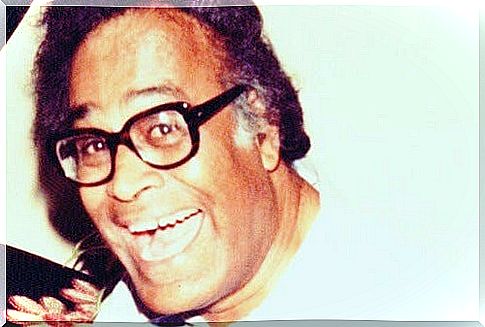
Biography of Anthony de Mello
Anthony de Mello was born on September 4, 1931 in Bombay, India. He belonged to a middle-class Catholic family. His father Frank and his mother Louisa, both natives of a Portuguese territory called Goa, hoped that their eldest son would prosper in the railway business or better yet, that he would study at the University.
However, Anthony de Mello early evidenced a clear vocation: he wanted to become a Jesuit priest. It was in July 1947 that he finally decided to join the Society of Jesus at the Vinalaya seminary outside Bombay. Later, and from 1952, he began his academic training. He first spent three years in Barcelona, Spain, studying philosophy.
Later, he would travel to Loyola University in Chicago to train as a psychologist. Here he had the influence and inspiration of Carl Rogers, the famous American psychologist, who, along with Abraham Maslow, was the initiator of the humanistic approach to psychology. Thus, and throughout that student career, De Mello was able to learn from different cultures, and he studied Spanish, French, Portuguese and Marathi.
Antony de Mello and the search for spirituality in all religions
It was throughout the 1970s that Anthony de Mello opened his mind and heart to the practice of vipassana meditation. At this time, he began to show a closeness to Buddhist spirituality, finding in it benefits that came to further enrich everything that the Jesuits had taught him.
In his view, all religions could offer healing perspectives for the human being. Therefore, he accepted them all and was inspired by all of them. Because in his opinion, the spiritual response of Jesus Christ was just as valid as that given by Confucius, Lao Tzu or Buddha. Thus, in books such as The Bird Song, published in 1982, Anthony de Mello defines spirituality as follows:
Also, another well-known facet of this Indian Jesuit and psychotherapist was his great ability to conduct spiritual retreats in which to guide and inspire others. He had a lot of charisma and a personality that many defined as overwhelming. Now, to some, he was little more than a heretic.
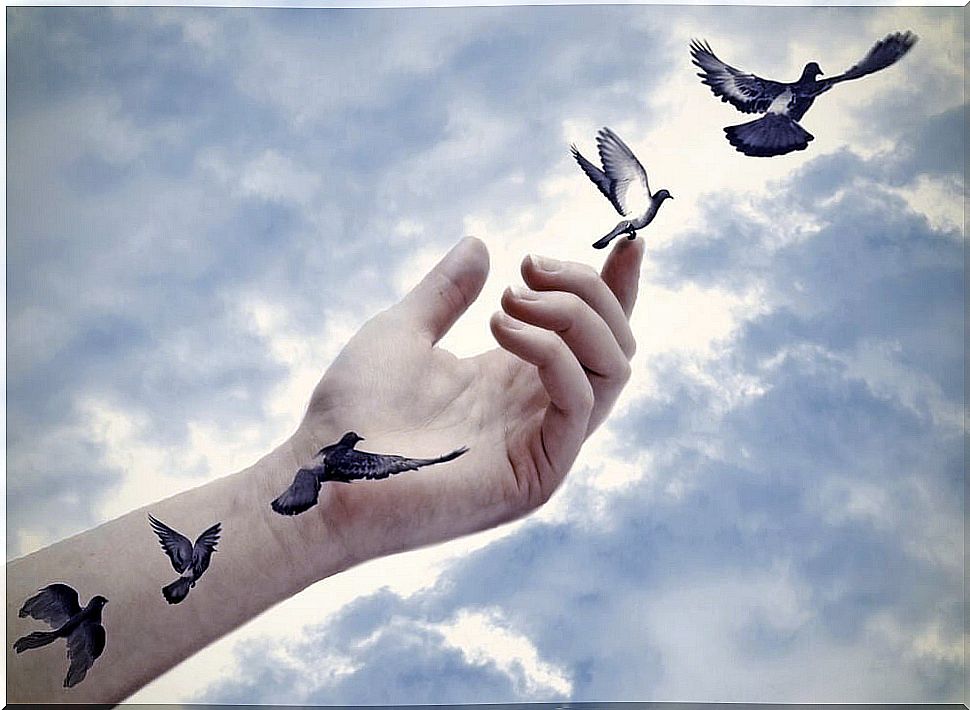
He dared to formulate ideas and defend positions that more traditional Catholics could not understand. He was that interreligious teacher who appreciated and defended Hinduism, Judaism, Buddhism or Catholicism in equal parts, because all the religious formulas were valid and inspiring to him. His charisma always made him always convincing and he drew thousands of followers with him.
A spiritual teacher in America
In the 1970s he founded the Sadhana Pastoral Counseling in India. Later, he would dedicate his entire life to introducing Eastern spirituality through stories and exercises, in the United States. He was that spiritual healer and psychologist who traveled from east to west, teaching people a type of prayer based on vipassana meditation.
His lectures were a success. Like those talks from which to help people to focus on the present, to be more aware of their emotions, thoughts and needs. The University of St. Louis, for example, received him every summer waiting for his courses, as well as the presentation of his books. He wrote 18 in total, an absolute best-seller to inspire millions of people around the world.
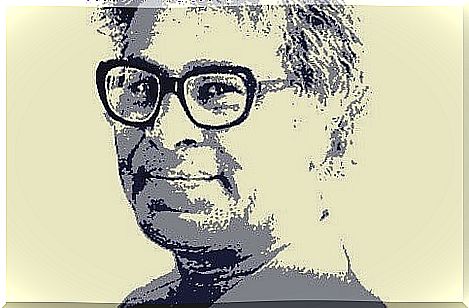
Sadly, Anthony de Mello died suddenly at the age of 55. A heart attack took him in 1987 in New York. After that, his spiritual and theoretical legacy was further extended, fulfilling in some way, many of his purposes. He taught us to be more aware of our worth, and invited us, above all, to “wake up”, to contact ourselves and what surrounds us. Only then will we find greater opportunities to be happy.
